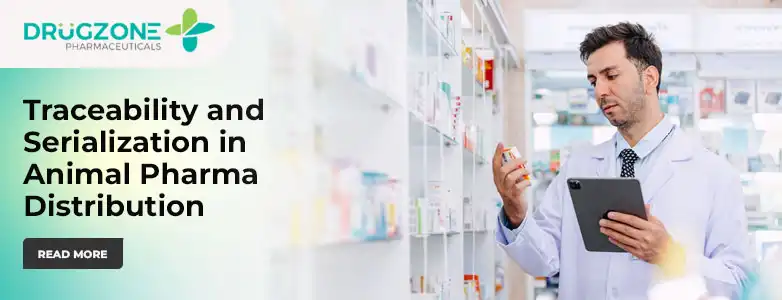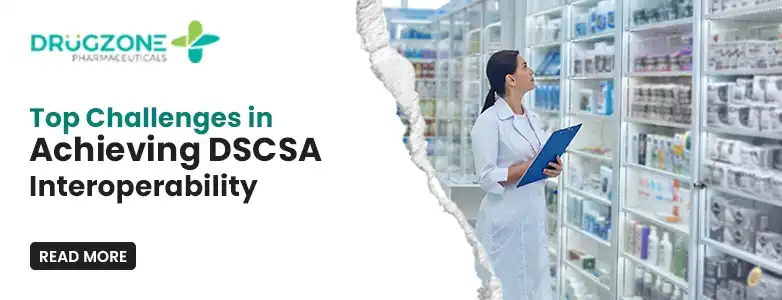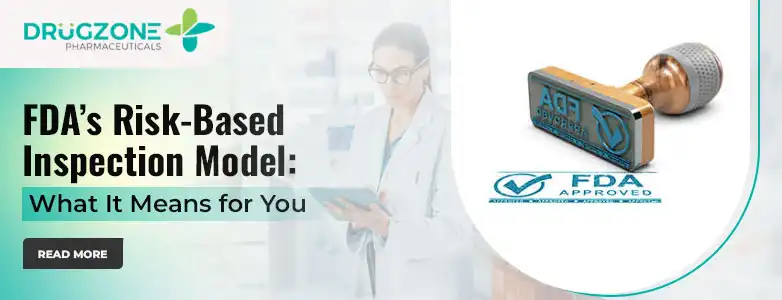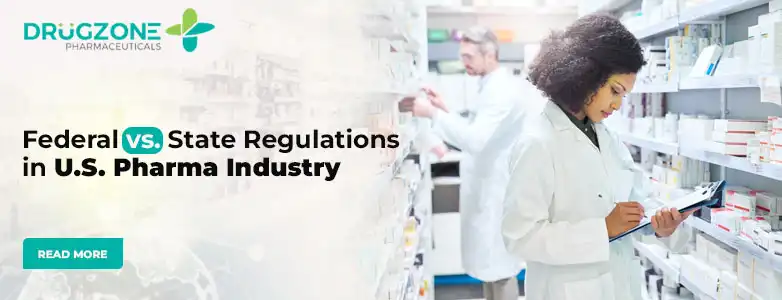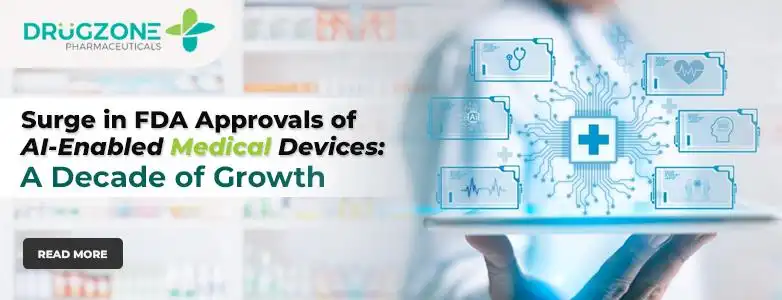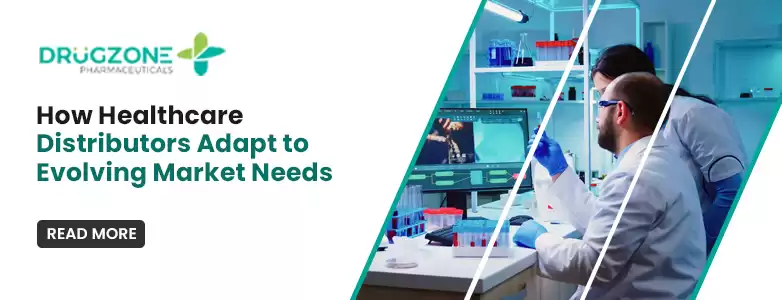
Posted On: May 09, 2024
How Healthcare Distributors Adapt to Evolving Market Needs?
The distributors’ role, especially in the wholesale pharmaceutical category and pharmacy suppliers, are more important than ever before in the continually changing landscape of healthcare. These entities are at the frontline ensuring that pharmacies, hospitals and other health care providers have timely access to the drugs and materials they need. But as market demands change, so should healthcare distributors’ strategies. This article explores how they are adjusting to meet current healthcare industry needs.
Technology to Stay Ahead
One major way in which healthcare distributors are adapting is through incorporating advanced technology. In an era where efficiency and speed matter most, data analytics using blockchain for traceability, AI-driven predictive analysis have helped streamline operations of wholesale pharmaceutical companies as well as pharmacy suppliers. Supply chain visibility enhancement comes with these technologies and more accurate demand projection reducing waste hence critical medicine available when/where needed.
Broadening Horizons Through E-commerce
Consumer expectations across industries were revolutionized by the rise of e-commerce; healthcare is not an exception. Ordering pharmaceuticals and supplies online should be as easy as ordering a book or groceries on Amazon.com for many physicians today. Consequently, numerous wholesale pharmaceutical distributors and pharmacy suppliers are now improving their digital platforms to make e-commerce experiences much easier, efficient, and accessible. This transition does not only address convenience but also takes sellers into new markets while reaching out to novel customer segments.
Strengthening Supply Chains
Global events like the Covid-19 pandemic have emphasized how important responsive supply chains that can withstand risk truly are. Healthcare distributors had to reconsider their supply chain strategies at times completely changing them just for continuity purposes under extreme environments.
This adaptation has seen a move toward more localized supply chain models to minimize the impact of border closures and international logistics disruptions. It's also led to an increased focus on data analytics to better predict demand surges and plan accordingly.
Drugzone: A Leading Force in the Pharmaceutical Distribution Sector
In this age of constantly changing health care demands, Drugzone being a top pharmaceutical distributor in the USA can be seen as an expert in adapting to shifting market needs. Drugzone, with its profound knowledge of complexities within the healthcare system, ensures that numerous pharmaceutical products are delivered to several healthcare facilities across the country on time and dependably. In other words, they go beyond mere delivery; Drugzone plays a critical role in the healthcare supply chain, improving processes and utilizing innovative methods to meet both suppliers’ dynamic demands and patients’ changing preferences. Therefore, their commitment to excellence underscores their pivotal role in enhancing healthcare delivery across the United States.
Frequently Asked Questions (FAQs)
Q: How do pharmaceutical distributors ensure product quality during transportation?
A: They use climate-controlled transport systems and storage facilities while adhering to Good Distribution Practices (GDP) which complies with healthcare regulations.
Q: Can distributors handle sudden surges in demand?
A: Yes, through advanced forecasting methods coupled with maintaining strategic associations, manufacturers; distributors are capable of rapidly scaling up their capacities whenever unexpected needs arise.

